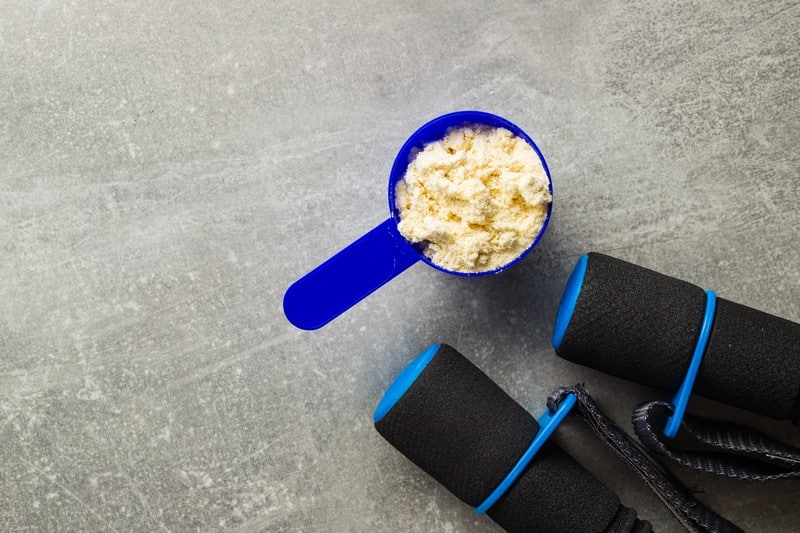Quinoa is an edible seed of the chenopodium quinoa plant, native to South America’s Andean region, mainly Bolivia, Ecuador, Chile, and Peru, where it has been cultivated for around 5000 years. The Incans called quinoa the “mother grain,” believing it to be sacred. And while the plant received little attention for centuries, it has gained much popularity worldwide in recent years and is considered a superfood due to its rich nutritional content.
Quinoa is cultivated in over 120 different varieties by farmers. Nevertheless, the most common varieties found in supermarkets are black, white, and red quinoa. Although the white type has a richer flavor, the red variety has more nutrients. Quinoa is a whole grain, even though it is a seed and a great source of fiber and plant protein. A cup of cooked food provides the body with eight grams of protein and five grams of fiber. It is an excellent source of protein and contains all the vital amino acids human systems can’t produce on their own, in contrast to some plant proteins. Quinoa is also gluten-free, so those who are gluten-intolerant, such as those with celiac disease can eat it without risk.
Rich Protein Source

Eight grams of protein for each cup of cooked quinoa is a good source of protein. Protein can be found in muscle, bone, skin, hair, and nearly every other part of the body or tissue. It is the building block of enzymes, powers many chemical reactions, including hemoglobin, and transports oxygen to the blood.
People need to consume protein every day. Regular protein consumption helps keep the body’s cells healthy and should be included in everyone’s daily health maintenance plan. Protein is also considered a macronutrient, meaning the body needs a lot to stay healthy. Macronutrients, also known as “macros,” are nutrients that your body requires in large quantities in order to function optimally.
Quinoa proteins contain a diverse range of amino acids. Amino acids are essential for muscle development and immune activity, among other things. Quinoa is, therefore, an excellent dietary choice for people who follow a vegetarian or vegan diet. Quinoa, unlike many other grains, is a good source of lysine. This is a necessary amino acid. Lysine is required for protein synthesis. Although lysine deficiency is uncommon, it can result in various medical problems because it is involved in the body’s growth and development processes.










